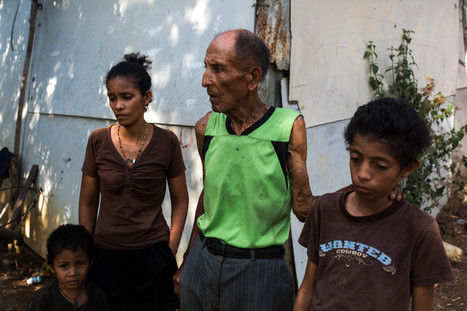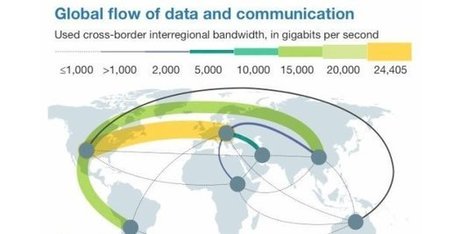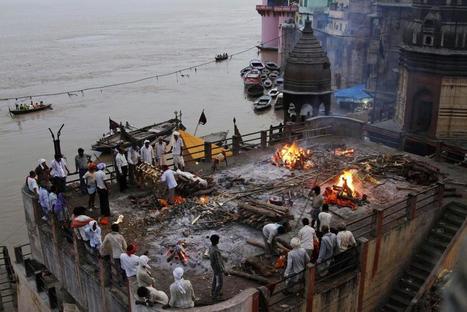Once Latin America’s richest country, Venezuela can no longer feed its people, hobbled by the nationalization of farms as well as price and currency controls. The resulting hunger and malnutrition are an unfolding tragedy.

|
Scooped by Yves Carmeille "Libre passeur" |




 Your new post is loading...
Your new post is loading...















